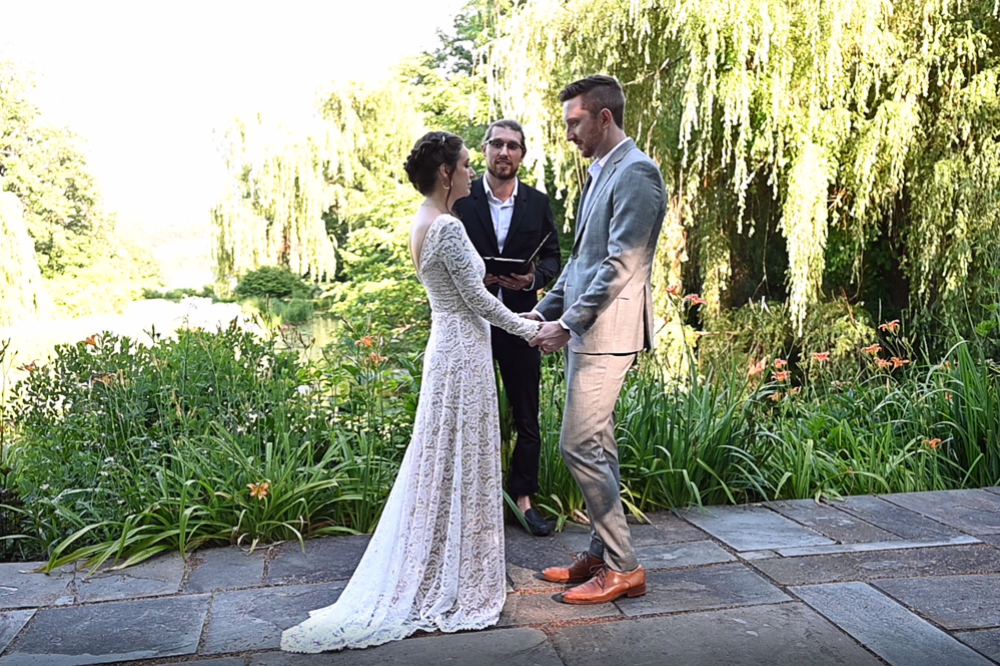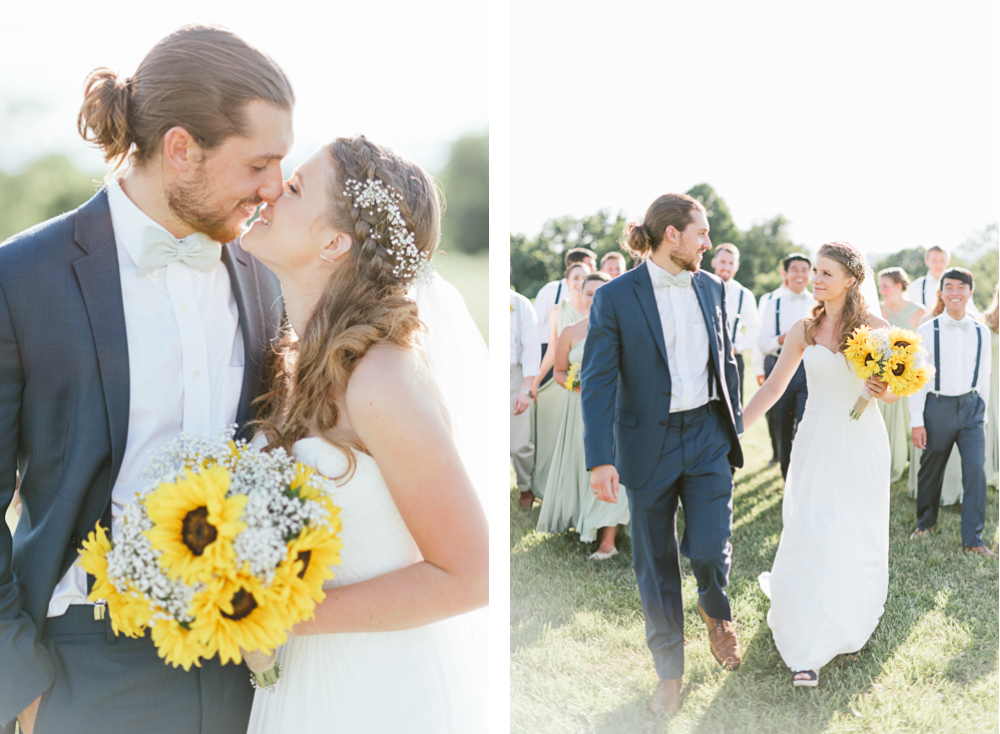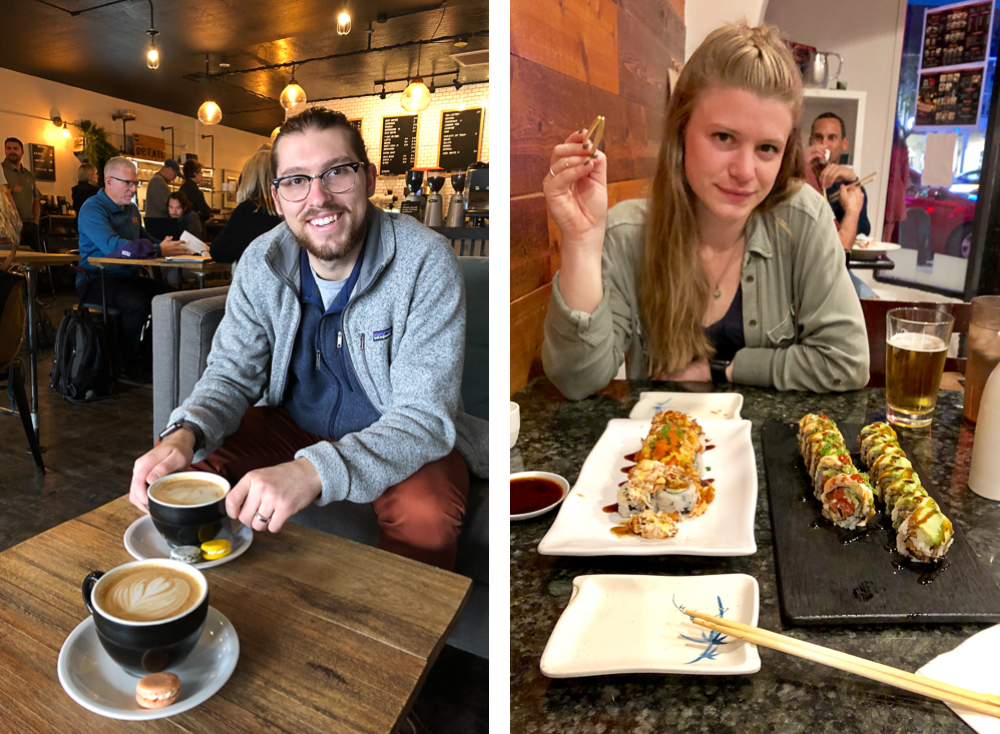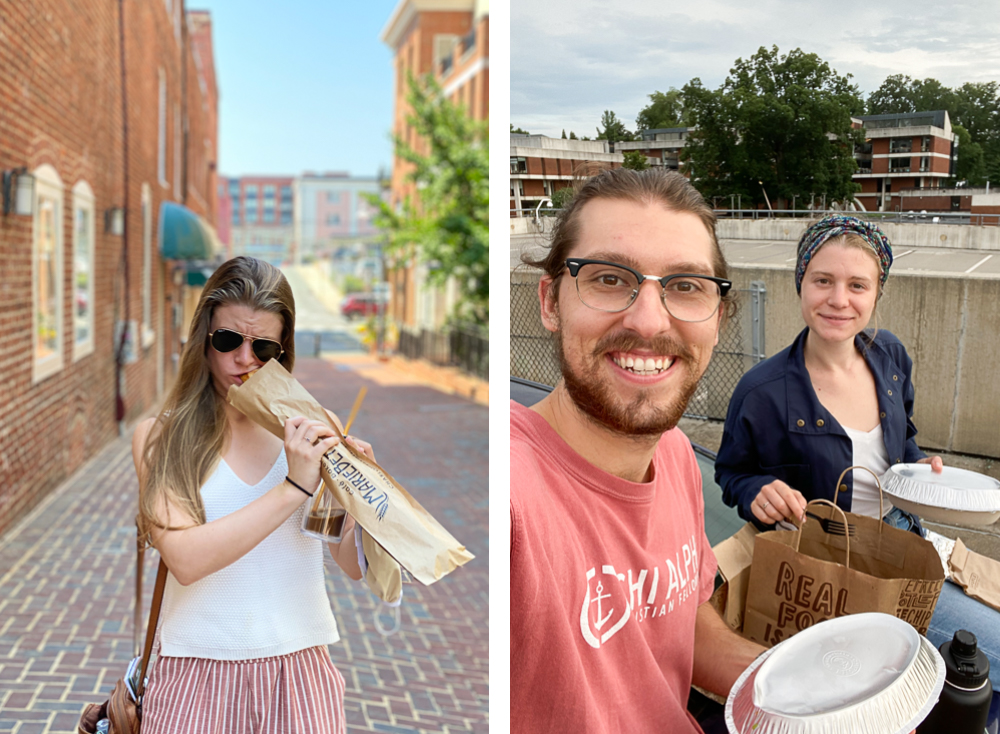VIEW BY CATEGORY:
Hi, we're Hunter and Sarah, a husband-and-wife, luxury wedding photography team. We’re also educators, helping other photographers build profitable and sustainable photography businesses.
MEET US
LOOKING FOR SOMETHING?

Top 3 Marriage & Relationship Tips: Oneness
February 4, 2022
Back in June of 2021, I got to do something truly special. When my older brother Tanner and his now-wife Jess eloped in upstate New York with just 7 guests present, they asked me to officiate their wedding. Despite having been a campus pastor for a year, trained in preaching and writing sermons, the task of writing and preparing a marriage ceremony still felt daunting.
However, at that point, Sarah and I were just a few weeks away from our 4th wedding anniversary, and had been together for just shy of 10 years. We had spent much of that time actively working on our relationship, reading books when we could, and seeking advice and wisdom from every happily-married couple we could. In the end, we fell back on the three pieces of marriage advice that our pastor and his wife — the ones who married us on our wedding day — had given us during our very first session of pre-marital counseling.
I worked those pieces of relationship advice — our “Top 3 Marriage Tips”, if you will — into Jess and Tanner’s ceremony. And now that our wedding season is over and we have time to begin blogging more content for our couples, these three tips feel like the perfect thing to share! The three important concepts are: oneness, high regard, and covenant. This week, we’re addressing oneness!

Relationship Advice #1: Oneness
The very first piece of marriage advice that I gave to Jess and Tanner that day was this: do everything you can to cultivate oneness in your marriage. What do I mean by oneness? Essentially, it means unity in each and every area of one’s marriage. It means to pursue relational oneness — of course — but also much more than that. It means to pursue oneness in your lifestyle and in your shared interests and hobbies. It means to pursue oneness in your finances. It means to pursue oneness in your sex life. It means to pursue oneness in your spiritual life.
In every area of your life, if you filter decisions through the lens of, “Will this bring us closer together and make us more one, or grow us a little bit further apart?”, we believe that you’re more likely to make decisions that will lead to a joyful, life-long marriage. Not a let’s-try-to-hold-this-thing-together-and-not-get-divorced-before-we-die kind of marriage, but one that is full of joy, fun, intimacy, and a deep and profound self-giving love.

An Example: Financial Oneness
This idea of doing things that bring you together certainly seems obvious, but can be tricky when you actually get down into the nitty gritty of everyday life. One controversial way that this plays out is in our finances.
In Sarah and I’s marriage, all of our finances are shared. There is no “my bank account” and “your credit card”, but every dollar we make and dollar we spend is “our money” and goes into a single, joint account. This includes our checkings, savings, investments, home — everything! We look at all of it as shared assets of the singular unit, Hunter-and-Sarah-Sheldon.
During our first three months of marriage, Sarah was working for a very modest salary at a local company, and I was busy fundraising so that when I started my time as a campus pastor, I’d have enough monthly donations coming in to cobble together a meager paycheck. During that summer, I was essentially unemployed, and we were living off of Sarah’s salary.

But each month, every dollar that she made was what “we made” and it came into “our bank account” and it was “ours” to spend. Since we both were in 100% agreement on this, there was no guilt when I spent “her money”, because the money didn’t solely belong to her — it was ours! Even when she was the only one bringing home a paycheck, we both understood that we were both working hard, investing in our future, and whatever we brought in was ours.
This, along with our tight monthly budget, allowed us to live together on barely 30% of what many of our fellow college-grad friends were making right out of college (by themselves), and to do it with joy and with relatively little stress! In other words, looking at our finances as a single, combined unit led to marital oneness.
We understand that finances are difficult to discuss for some people and in some marriages, especially those who experience anxiety surrounding money or have past financial trauma. So this may not be easy or even possible for every relationship! But the mindset we hope couples can avoid is, “I need to keep my own money on the side, in case this marriage goes under.” The hope is that, in combination with the other two principles we’ll address later this month, both partners will already be of the mindset that this marriage is going to work for life no matter what. And in that context, combined finances works toward that goal!

Other Examples
This will likely look different for each couple, and in each area of your life, but here are a few examples.
When it comes to exercise, maybe you enjoy lifting weights by yourself as you jam to a playlist or catch up on a podcast, but your partner enjoys a fitness class like spin or yoga. Oneness is not just conforming to what the other likes, because in the end, one of you will give up because that’s not who you are. But oneness could look like you working out at the same time as your partner’s fitness class so that you get that 10 minutes together in the car before and after your workout to just be together at the start or end of a long day. That’s just one example of aligning the rhythms of your life to get a little extra time together each day and pursue oneness!
When it comes to (how do we put this discreetly…? ????) physical oneness (????), this probably looks like being a more selfless and attuned partner in the bedroom. It looks like keeping in mind your partner’s past in this area, being aware and sensitive to any prior traumas or insecurities, and always seeking their sexual wellbeing and enjoyment over your own. If both of you are striving to do this, outdoing each other in selfless love (yes in the bedroom but also, generally, everywhere in your relationship!), then you’re more likely to connect in a more deep and meaningful way.

Another area where oneness can play out is during arguments. When you and your spouse/partner are in disagreement about something, a desire for oneness does not mean avoiding conflict at all costs and pretending that things are always good. But it means understanding that some conflict is good and will make your relationship stronger, so long as it’s constructive and never involves personal attacks. If you approach conflict from the lens of, “What’s at the root of this conflict? How can we respectfully dive deeper into this with each other instead of against each other? How can we resolve the deeper issues that lie at the base of this conflict, together?”
When you approach fights from that angle, instead of from the angle of, “How can I get HER to understand that I’M right?” Or “Why doesn’t HE get what I need from HIM?!”, then you’re more likely to have constructive disagreements that lead to growth in oneness, rather than blow-outs that leave both parties feeling hurt, unheard, and unloved.

Well, that’s it for now! The next two weeks we’ll be tackling the concepts of high regard and covenant in marriage, but we hope you have a great week in the meantime!
—
Check out the rest of the series below!
- Top 3 Marriage & Relationship Tips: Oneness
- Top 3 Marriage & Relationship Tips: High Regard
- Top 3 Marriage & Relationship Tips: Covenant
—
Want more content specifically for engaged couples?! Check out more here!
Filed in:
Wedding Photography & Photography Education
Charlottesville, Virginia and Beyond
HOME
ABOUT US
WEDDINGS
JOURNAL
FOR PHOTOGRAPHERS
PRESS & PRAISE
BLOG
CONTACT
e. hunter@hunterandsarahphotography.com
p. (434) 260-0902